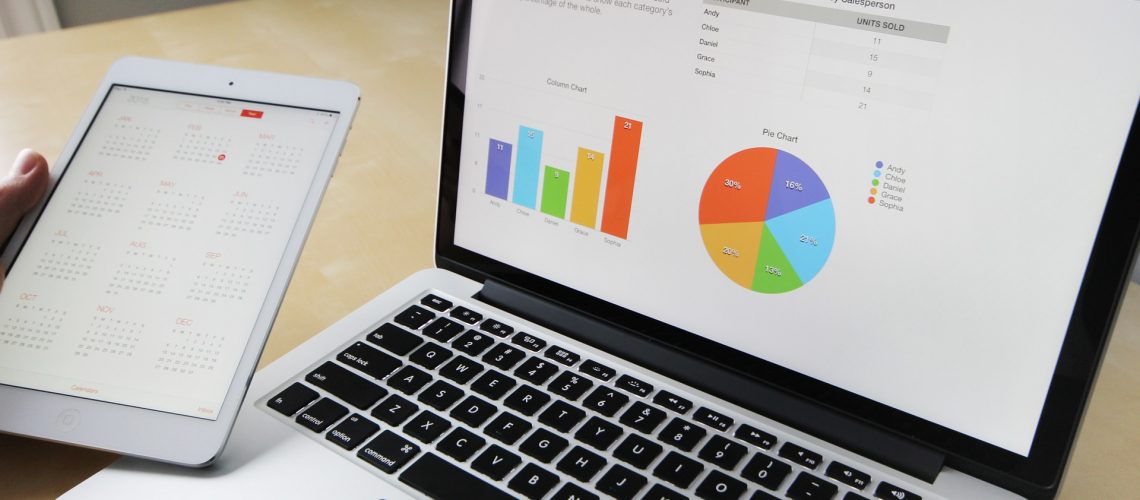“Plans are nothing; planning is everything.” ― Dwight D. Eisenhower
A financial plan isn’t just for wealthy people. I was listening to a Dave Ramsey Podcast recently. A lady came on to yell a debt-free scream. She was single making $50,000 a year. She had $48,000 in debt, student loans, credit cards and a car loan. She said, “I thought I was normal.” Isn’t that the truth that we group ourselves into?–Normal. You are not normal, you are a hero in a noble profession or you are the hero’s significant other that supports a noble profession.
The lady sat and told Mr. Ramsey how she continued on her normal life journey until a friend invited her to a class. That class was Financial Peace University. This lady spoke of going to the class and being encouraged. She was so encouraged that she went out and got two extra part-time jobs. She paid of her debt, $48,000, in 18 months. She was focused. Like when you go to the range and the instructors tell you over and over–front sight focus.
I know that you can do this and expect that you will do it–front sight focus. A financial plan is essentially a written document listing the goals you have for your money. Money is fluid like water. It will find the path of least resistance if you don’t guide it. If you start your financial plan and put some dams in place to guide your money it will go where you want it to.
- Financial Goals
- Debt Reduction Plan
- Savings
- Housing
- Spending Plan
- Investing Plan
- Estate Plan
This is a financial plan for:
Name:____________________________________________ Age:_________
Name:____________________________________________ Age:_________
Today’s Date: _______________________
Financial Goals
- Our investments will provide an income of $______________/ year in retirement. We would like to be financially independent by the following date:____________
- We will meet a net worth of $1 million by the following date:_____________
- We will have $____________ in an investment account for child’s name:__________________________ by the listed date: ________________
- We will have $____________ in an investment account for child’s name:__________________________ by the listed date: ________________
- We will buy our “final home” by the listed date: __________________
- We will pay off our home by the listed date:___________________ if we refinance we will refinance to a loan that will take less years to pay off than our current loan (15 year mortgage would be the ideal option, but not a must).
- We will pay off student loans and consumer debt by the listed date:______________. We will pay off this debt FIRST!
Debt Reduction Plan
- Pay off all consumer debt to include: credit cards, student loans, personal loans, family loans and car payments.
- Create a zero-based budget.
- Send all extra income to debt 1, once debt 1 is paid off, send extra income to debt 2, and so on.
- Go to work, overtime, side hustle, sell extra stuff.
Savings
- Once all debt except the mortgage is paid off, we will save at least 15% of our income per year.
- We will contribute to our solution money, emergency fund, and fully fund it to 3-6 months of our pay when our debt is paid off.
- Prior to paying off debt we will save $1-2,000 to cover our 6 (quick emergency), so that we can continue paying off debt.
Insurance
- We will maintain adequate property insurance for our home that will replace the home and the contents.
- We will maintain full coverage on our vehicle’s and keep a $1,000 deductible to reduce auto insurance cost.
- We will evaluate the need for umbrella insurance when our assets reach $1 million.
- We will carry at minimum a combined total of $1 million in term life insurance until we are financially independent and the children are adults.
- We will always maintain health insurance.
Housing
- We will save 20% for a down payment.
- We will not purchase our first home unless we have no consumer debt.
- If we own our house we will not refinance unless we refinance to a 15 year mortgage.
Spending Plan
- We will track our spending in Every Dollar app, Mint, or You Need a Budget.
- We will have a money dream date once per month.
- We will give a no questions asked allowance of $250 per month.
- We will start to pay cash for everything until we create financial self-discipline then we can explore credit card use with monthly payoffs.
- We will only use credit to purchase a home.
Investing Plan
- We will only start investing once all of our consumer debt is paid off.
- If I have a pension, I will contact the company i.e. CalPers to find out the details of my pension.
- We will invest at least 20% of our combined income into retirement.
- We will pay down the mortgage as quickly as possible.
- We will primarily invest in stock mutual funds and bond mutual funds.
- We will utilize Roth IRAs or Roth 401ks if possible.
- We will write down our retirement dreams.
- We will stay the course no matter what is happening in the world around us.
- We will check these accounts at a minimum monthly.
Estate Plan
- We will create a will by the listed date: __________________.
- The listed person (s) will be the children’s guardian if something happens to us ______________________________________________________________________.
- The listed person (s) will be the trustee of the children’s money ___________________________________________________________________________.
- We will store the will in the listed location ____________________________ and tell our guardian and trustee.
This is meant to be a guide for you and your family to get started with a plan. This is a basic plan. Everyone is different, so work it in to your life. It is important that you create it. If you’re in a relationship you must be on the same page and work together to create your plan. Things will change during your life, so having a plan doesn’t mean it’ll all workout, but having a plan will help mitigate poor decision making.
Ultimately, you are responsible for your own financial well-being. I hope and know that you can change and grow your financial future. Take that first step and start.
“Unsuccessful people make decisions based on their current situation; successful people make decisions based on where they want to be.” -Anonymous

